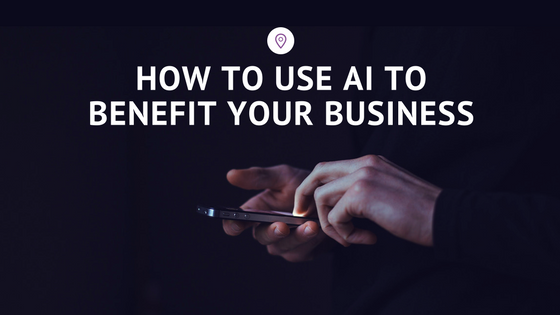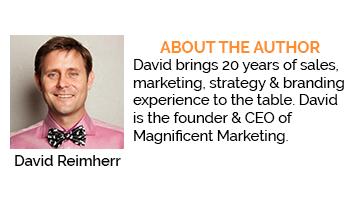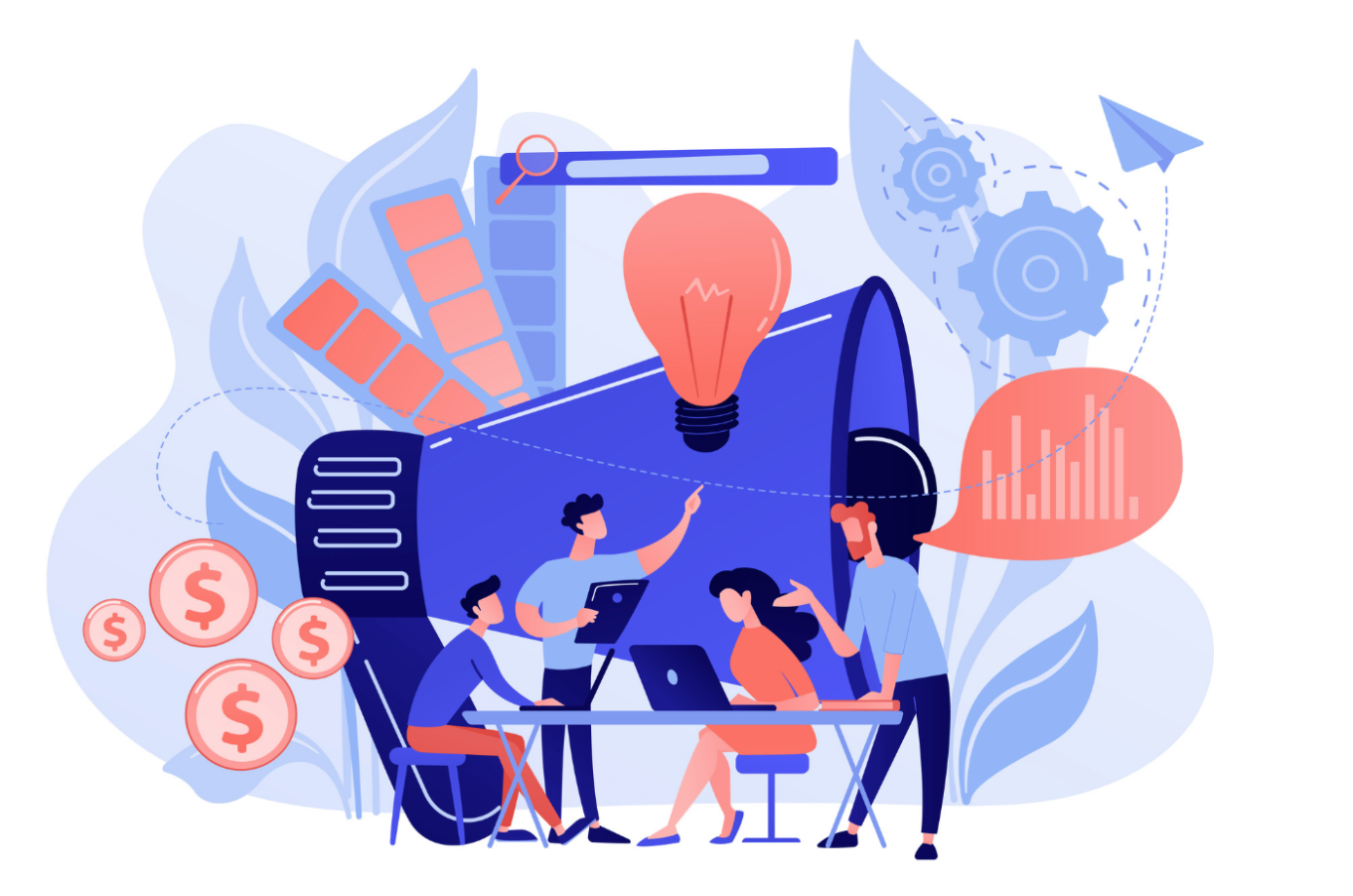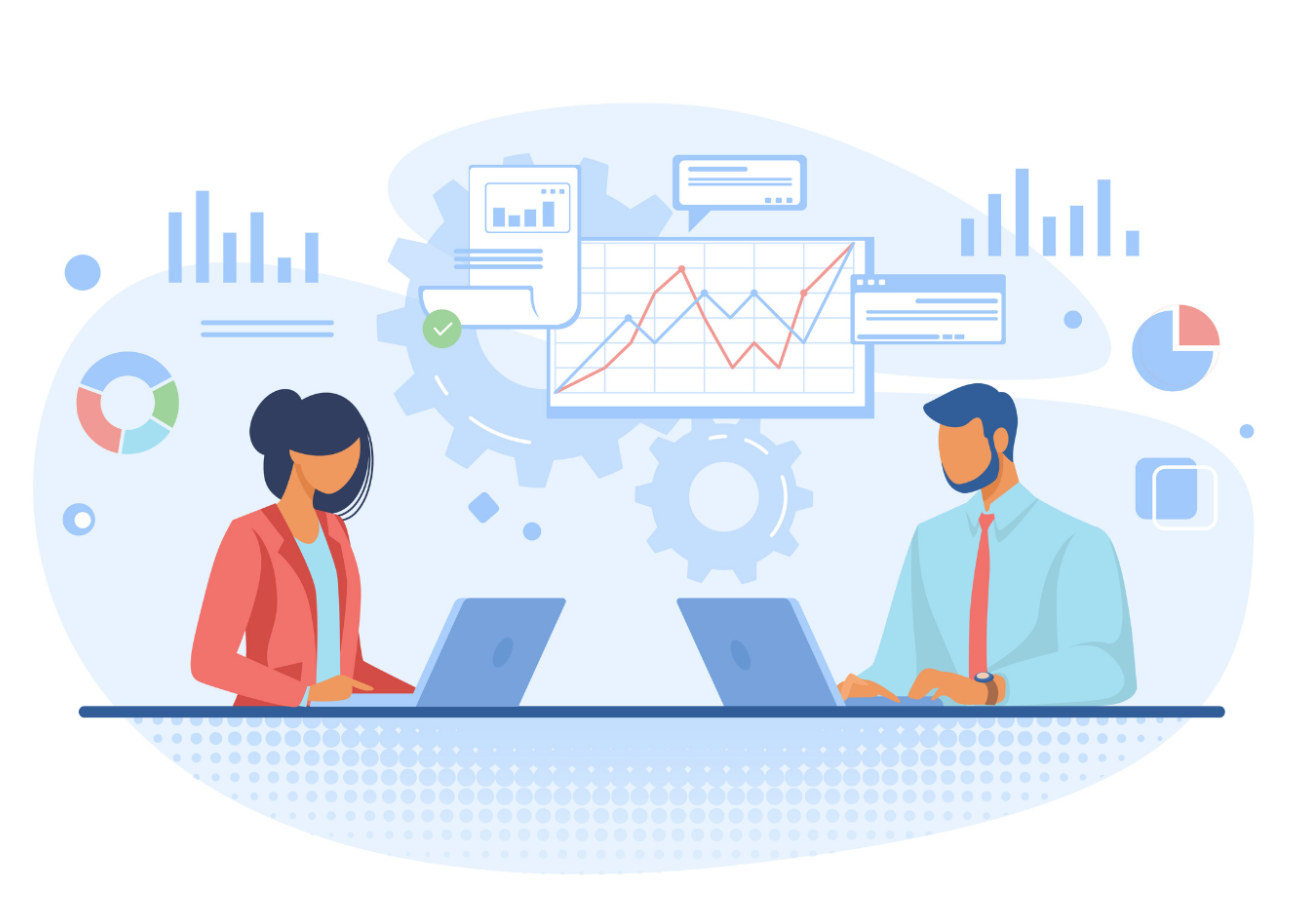Artificial intelligence has a bad rap.
When sci-fi movies started depicting AI as a means for computers to take over the world, people began to fear the idea of artificial intelligence.
However, most consumers do not realize that they are interacting with AI on a daily basis. In fact, AI is in their home right now, especially if they have the latest smartphone, computer, or tablet.
One person that is more than aware of the capabilities of artificial intelligence, and the benefits, is Tim Hayden. Tim Hayden boasts more than 20 years of marketing and consulting expertise. He is also the brains behind NION Interactive, GamePlan, and 44Doors. The country’s biggest brands rely on Tim’s expertise to help them adopt better communication through technology, including Kraft Foods, Bacardi, ExxonMobil, and Dell.
Tim advises technology startups and is an avid investor in companies looking to change the world’s technology. So, he is more than qualified to share his insights on artificial intelligence and the use of chatbots for marketing and customer service.
More importantly, he sits down to dispel the fears of artificial intelligence once and for all.
What is Artificial Intelligence?
AI is not new. In fact, Tim highlights how it has been around for decades.
AI is intelligent, learns from itself and experiences, and allows companies to replace humans with specific steps. Chatbots use AI technology and work as a primary interface for conversations between brands and consumers.
Chatbots are an extension of today’s AI capacity.
Consumers Use AI Everyday
What is interesting is that most users are engaging with AI on a daily basis. Take Siri, for example. Apple iPhone users ask Siri a question, request Siri to play a song, or ask Siri to set the next day’s alarm. Siri is AI.
Also, when a consumer selects the online chat feature with a brand, most likely they are speaking to a chatbot or form of AI conversation. While that chat can direct the user to a human representative, these bots are there to answer fundamental AB questions to lighten the load on human customer service teams.
The Power of Back and Forth Communication
Chatbots are designed to handle back and forth communications. When a question is asked, they have an intuitive response system that identifies the question and answers appropriately. With consumers carrying devices 24 hours per day, brands need a way to communicate around-the-clock without hiring overnight customer service representatives to handle the load.
Hundreds to thousands of companies on social media, especially Facebook, use chatbots, says Tim. He recommends Facebook users do a search for chatbots and they will see all their favorite brands using chatbot technology – including small businesses and local retailers.
AI today is obtainable for even the smallest firm, says Tim.
He points out that the code for AI and chatbots is shared among companies, and it is accessible. For as little as $50 per month, a company could initiate a chatbot service to handle customer service.
Companies Should Announce Chatbots
While chatbots and AI are everywhere, Tim points out that corporations should at least tell consumers they are interacting with software. While they don’t need to announce it blatantly, Tim says there are instances where it is evident it is not a human, and that is fine.
Tim highlights how customer service used to outsource overseas, and customer service ratings declined due to a lack of empathy. Naturally, consumers want to feel like they matter to a brand.
Also, Tim recommends making chatbots and AI seem more personable. The chatbot should have a name, like how Apple named their AI Siri. A fun, creative name makes it easier for consumers to interact with AI and not fear it.
The Benefits of Utilizing AI and Chatbot Technology
While many consumers are wary about interacting with a chatbot, there are benefits to using them for the consumer and brand alike.
· Around the Clock Access: AI gives companies the opportunity to interact around-the-clock. They don’t have to worry about overseas outsourcing to have human beings answering simple questions. Instead, their chatbot is there to provide those answers in the middle of the night.
· Intuitive: AI is intuitive. It learns from questions it receives, searches the internet, and programs itself to better respond. Companies can use consumer complaints, inquiries, and search terms via Google Analytics to personalize their chatbots and make answers more accurate for consumers interacting with them.
· Immediate and Accurate: One significant benefit that Tim points out to skeptics of AI is that AI will deliver more precise answers faster than a human can. It scours the web and finds the answer to a customer’s question. With consumers demanding immediate access when it is convenient for them, it only makes sense to deploy AI options.
· More Conversions: Companies can convert more website visitors to buyers with chatbots available 24/7. These chatbots answer questions, help consumers find the right products, and can upsell services – further increasing a company’s revenue potential.
The Chatbots of Hollywood are Not Reality
For those who fear interactions with AI, they must realize that AI is not a set it and forget it situation. In fact, companies continually monitor their software, update it, and help it learn. Once programmed, AI will not take over communications and start altering chat. In fact, a programmer is the one making AI more personable and helping it evolve.
Chatbots Will Not Replace Human Jobs
Chatbots and AI are there to supplement customer service, but they are not a replacement for that human touch. Tim points out that companies using these services are just filtering the natural inquiries so that their customer service representatives have more time to handle difficult inquiries, complaints, and questions.
To learn more from Tim, follow his content on LinkedIn and Twitter (@TheTimHayden) or visit his website for Brain+Trust Partners.
Tim points out that his site shares a new, informative piece each week. They offer collaborative research and insights on the latest technology – including information to dispel those fears about the use of AI.
About Tim Hayden
With more than 20 years of marketing and business leadership experience, Tim Hayden has been a founder of new ventures (NION Interactive, GamePlan, 44Doors) and a catalyst for innovative change within some of the world's largest brands (Dell, Bacardi, AMD, ExxonMobil, Hilton Worldwide, Kraft Foods, Edelman, and others).
Part social anthropologist, part strategic marketing executive, Tim studies communications behavior and how new media and mobility are reshaping all of business. From operations to marketing and customer service, he assembles technology, adoption and communications initiatives that lead to efficiency and profitability.
The past and current investor/advisor to technology startups, Tim actively consults with entrepreneurs and ventures to capitalize on opportunities and shifts across many different industries.
Tim has also proudly served in executive board and leadership positions with the Austin Chamber of Commerce, Meals on Wheels and More, Austin Sports Commission, Austin Technology Council, International Experiential Marketing Association, Ballet Austin and other non-profits.













